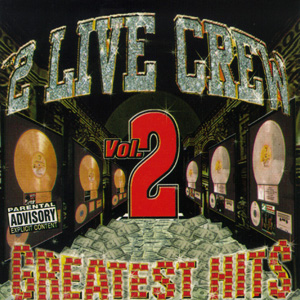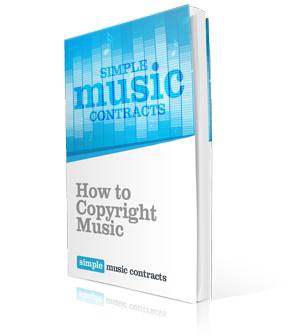 Most of the controversy that surrounded 2 Live Crew throughout their career stemmed from the sexually explicit nature of much of their work, but it was a copyright infringement case that took the hip hop group all the way to the U.S. Supreme Court. In 1989, the Crew released As Clean As They Wanna Be containing the song “Pretty Woman,” which heavily sampled Roy Orbison’s classic “Oh, Pretty Woman.” Acuff-Rose Music, owner of the rights to Orbison’s song, sued 2 Live Crew and its record company in a case that ended up going before the Supreme Court in 1994. The court ruled the song was a parody, and as such was covered under the fair use doctrine. It also ruled that any financial gain by 2 Live Crew did not violate the Acuff-Rose rights to the song because the two pieces of music were aimed at very different artists.
Most of the controversy that surrounded 2 Live Crew throughout their career stemmed from the sexually explicit nature of much of their work, but it was a copyright infringement case that took the hip hop group all the way to the U.S. Supreme Court. In 1989, the Crew released As Clean As They Wanna Be containing the song “Pretty Woman,” which heavily sampled Roy Orbison’s classic “Oh, Pretty Woman.” Acuff-Rose Music, owner of the rights to Orbison’s song, sued 2 Live Crew and its record company in a case that ended up going before the Supreme Court in 1994. The court ruled the song was a parody, and as such was covered under the fair use doctrine. It also ruled that any financial gain by 2 Live Crew did not violate the Acuff-Rose rights to the song because the two pieces of music were aimed at very different artists.
Notably, sampling isn’t always protected under copyright law. Vanilla Ice famously sampled the bass line of the David Bowie and Queen hit “Under Pressure” for his breakthrough “Ice Ice Baby.” He did not credit Bowie or co-writer Freddie Mercury on his song, infamously and falsely claiming in 1990 that it was not the same bass line as he had added one extra note. He later stated his statement had been a joke. When sued by Mercury and Bowie, he eventually paid back royalties to the songwriters and they are now given credit as songwriters on the Vanilla Ice track.
These cases are just two examples of the complexity and intricacies of music copyright law, which is a constantly evolving set of rules governing the rights to music, recordings and performances. At the most basic level of copyright law, a work is copyrighted to its author or authors at the time of its inception. Even if a work hasn’t been registered with the U.S. Copyright Office, it is still protected and may not be copied or used in any manner (with very few exceptions) by anyone other than the author(s) without express consent. However, a song must be registered before any court cases can move forward concerning disputes of rights.
United States Copyright law currently states that any work is protected throughout the author’s lifetime plus 70 years, at which point the work becomes Public Domain. Once a song is in the Public Domain, it loses its intellectual property rights and anyone can use, record or arrange the song as they see fit. Further exemplifying the intricacies of copyright law, however, is the fact that sound recordings never become Public Domain.
Though the copyright is granted to a songwriter the minute a song is written, it is still advisable to register the song with the U.S. Copyright Office to avoid future legal battles. Additionally, members of performance rights organizations (ASCAP, BMI, SESAC, etc.) should register their works with their respective organizations. In addition to being responsible for paying royalties to songwriters, these groups also work to protect copyrights of songs, as well as paying royalties when others legally use songs they did not write.
In the end, it is advisable to discuss any questions involving copyright law with an intellectual property lawyer. The laws governing fair use of others works, as well as protection of the artist’s own works, are highly complicated and require the advice of a professional to clarify how any given work is covered. Without a law degree, it can be nearly impossible to tell if your case will land on the legal side of the line with 2 Live Crew or on the illegal side with Vanilla Ice.

